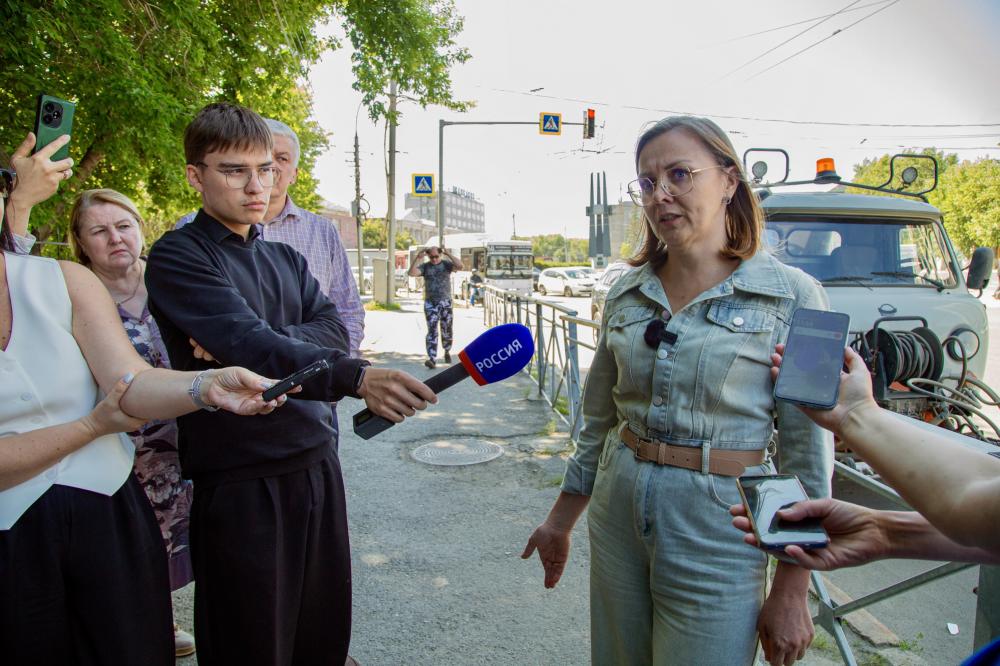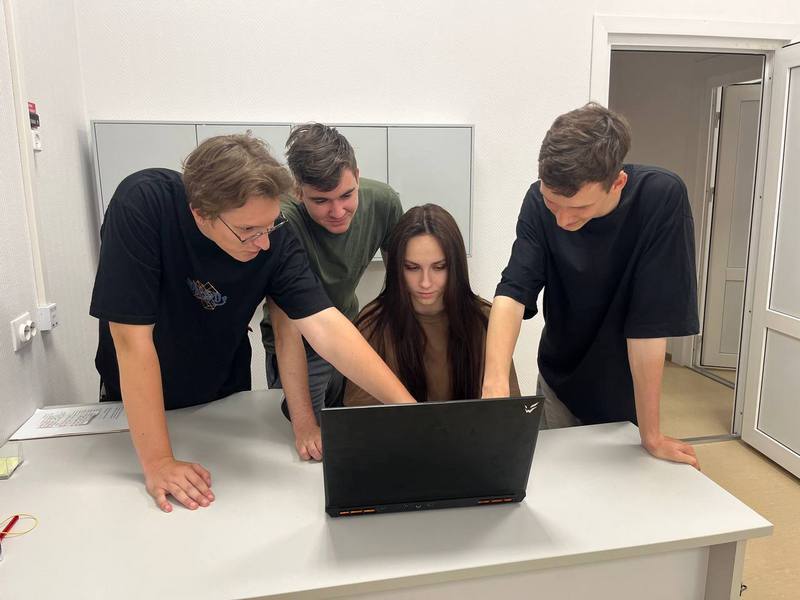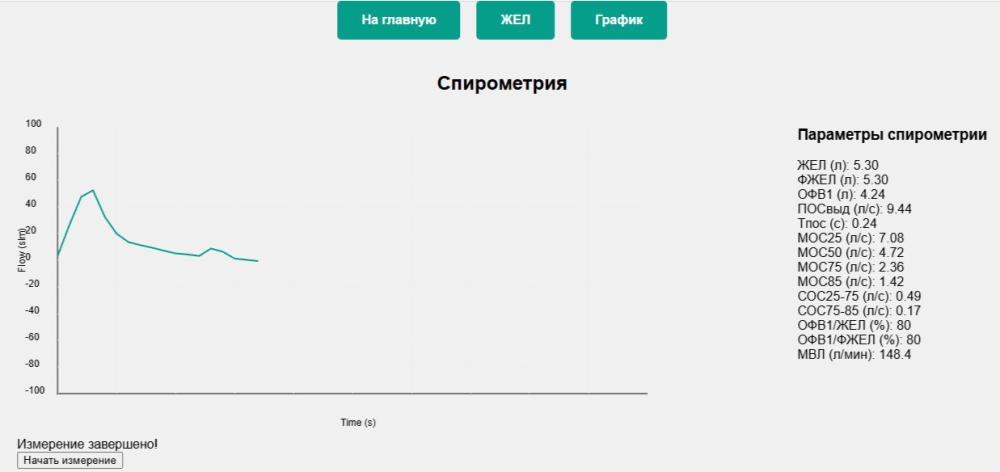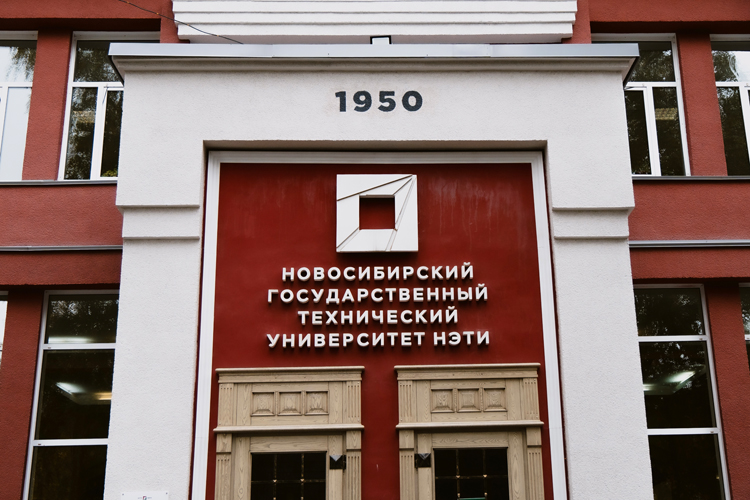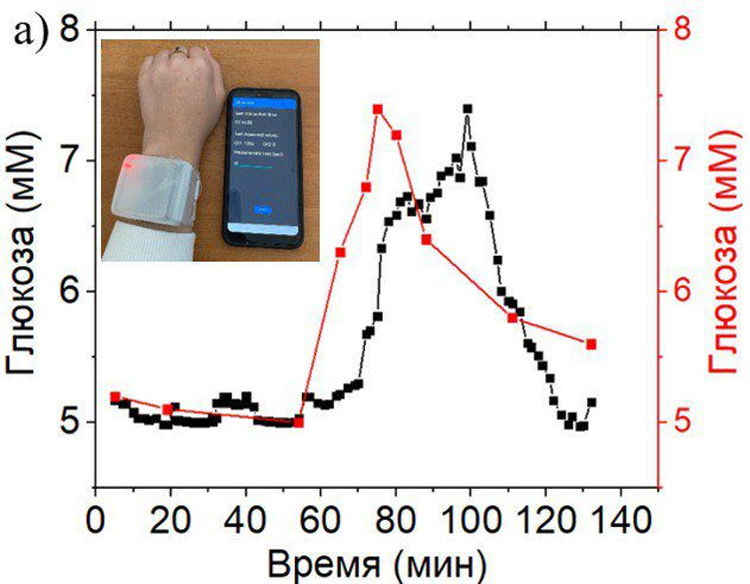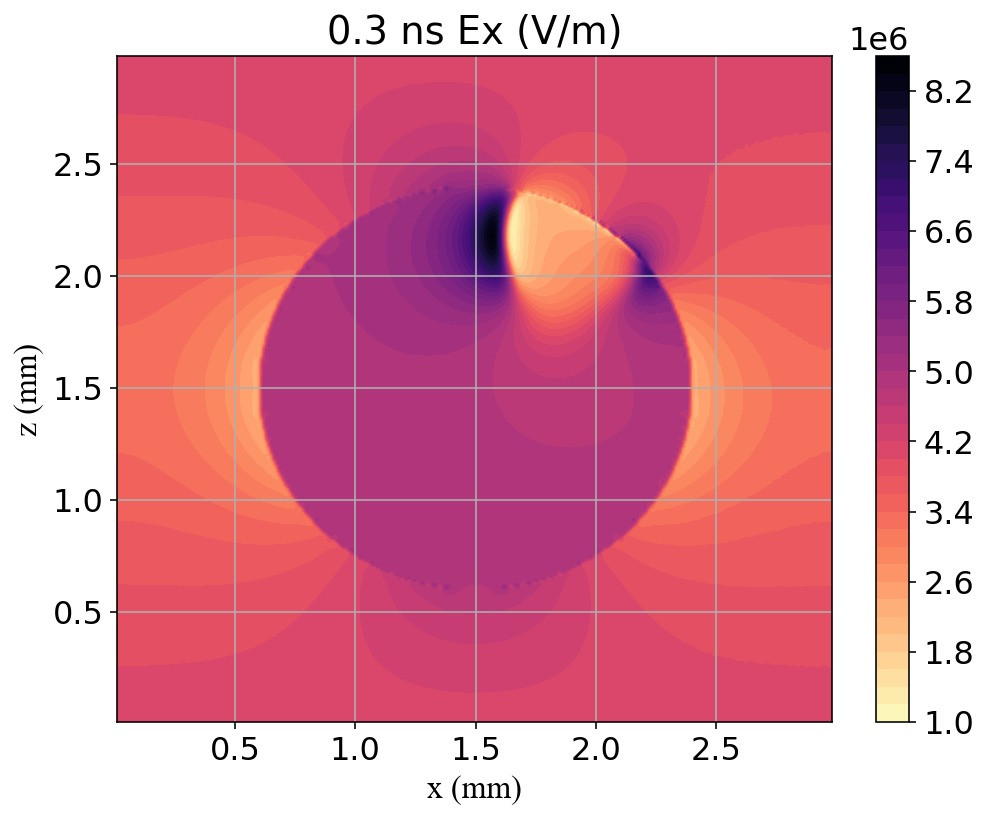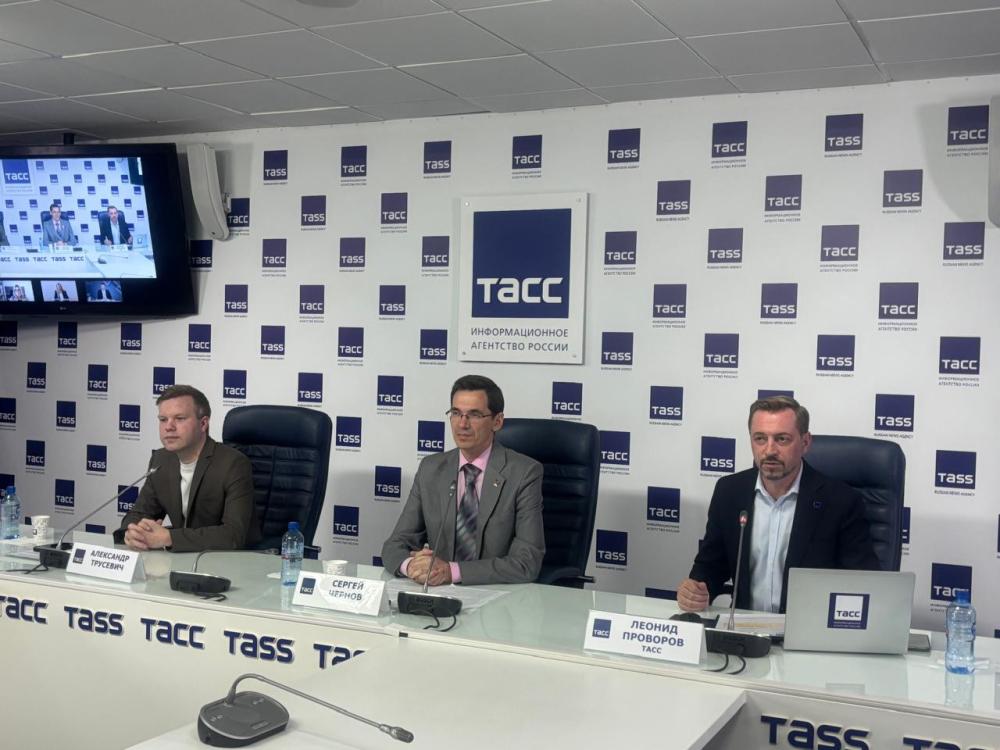News
NSTU-NETI started researching algorithms for planning measurement sessions for global navigation satellite systems (GNSS). Planning methods will improve the quality of geo-positioning in future generations of GNSS.
Students of Novosibirsk State Technical University (NETI) have started developing a website that contains useful information for those who want to preserve their eyesight, primarily for IT workers who have to spend a lot of time behind a monitor.
Novosibirsk State Technical University has developed an artificial intelligence navigator for obstacle recognition, which will help blind and visually impaired people navigate the terrain.
At the Novosibirsk State Technical University (NETI) proposed its own version for determining defects in industrial products. We are talking about a software package using a digital twin, which will help to identify even minor shortcomings of objects without destroying them.
The independent web integrator Paraveb has published the second ranking of Russian university websites. The study included more than 300 websites, and more than 70 independent experts were involved in the examination: representatives of the creative industries evaluated the design, visual structure and convenience of interfaces; experts from the field of education and science checked how the site meets the needs of target audiences; experts from the Sociocenter analyzed how the university's development program is presented and how relevant this information is.
Novosibirsk State Technical University (NETI) has proposed its own option for detecting rotary-type drones in urban environments, which will avoid many problems, including those related to industrial espionage.
Novosibirsk State Technical University (NETI) has modified one of the methods for the synthesis of graphite oxide (GO) and studied the effect of hydrogen peroxide on the properties of GO. The resulting material was heated, and due to its high porosity, it became possible to use it as a sorbent.
